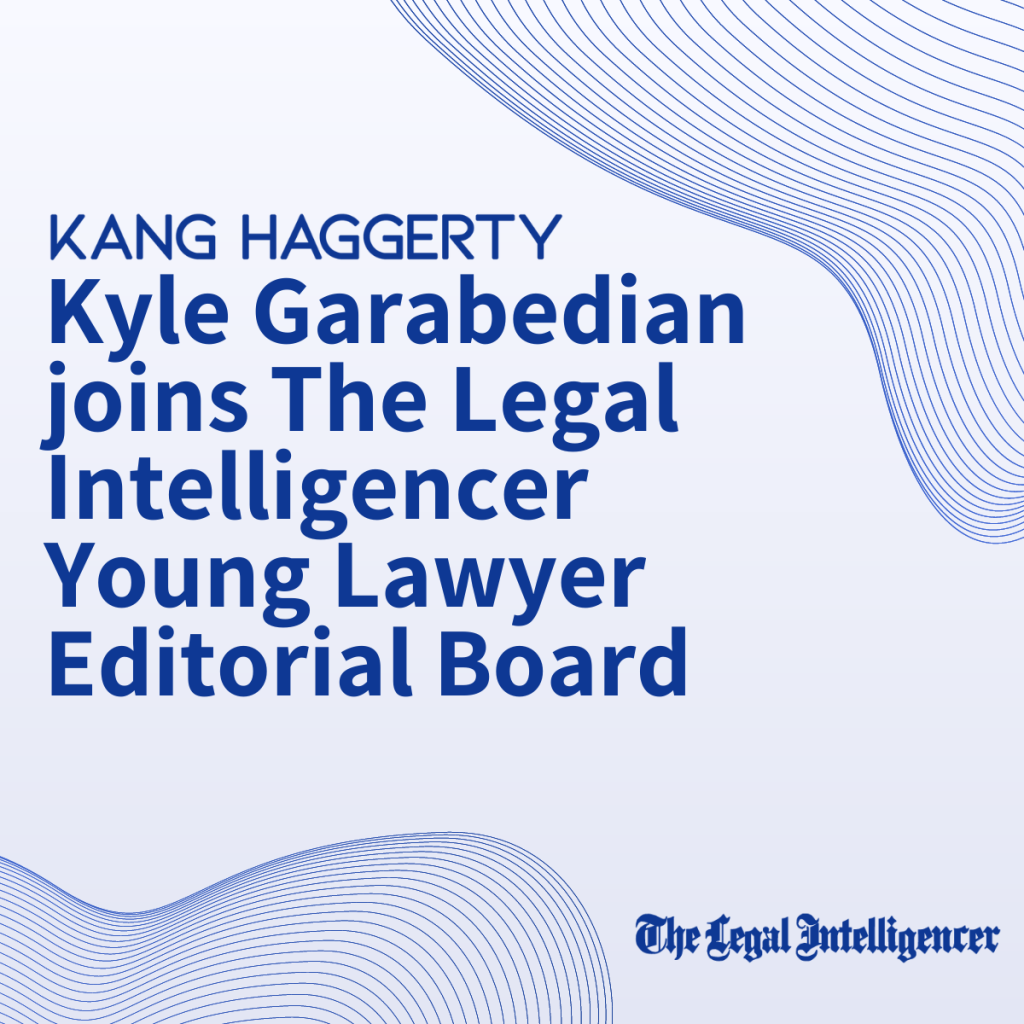Courts will likely be grappling with questions regarding cryptocurrency for years to come—with the results from the suits against Binance and Coinbase potentially serving as guiding precedent in answering those questions.
In the July 6, 2023 Edition of The Legal Intelligencer, Edward T. Kang and Kandis L. Kovalsky co-authored, “Emerging ‘Securities’ Litigation in Cryptocurrency.” Continue reading ›
 Kang Haggerty News
Kang Haggerty News


 On November 7, 2022, The Legal Intelligencer announced its
On November 7, 2022, The Legal Intelligencer announced its  Beyond the substantive legal matters at issue, one procedural aspect of the trial has also generated significant attention; namely, that the entire proceeding was livestreamed for the public. We discuss below the pros and cons of such coverage, the history of recording devices in courtrooms, as well as provide recommendations for balancing the countervailing concerns at issue.
Beyond the substantive legal matters at issue, one procedural aspect of the trial has also generated significant attention; namely, that the entire proceeding was livestreamed for the public. We discuss below the pros and cons of such coverage, the history of recording devices in courtrooms, as well as provide recommendations for balancing the countervailing concerns at issue.